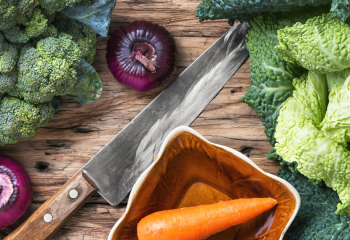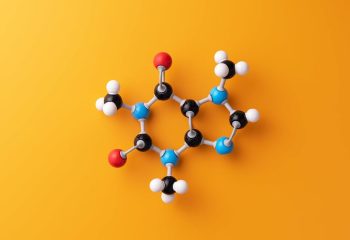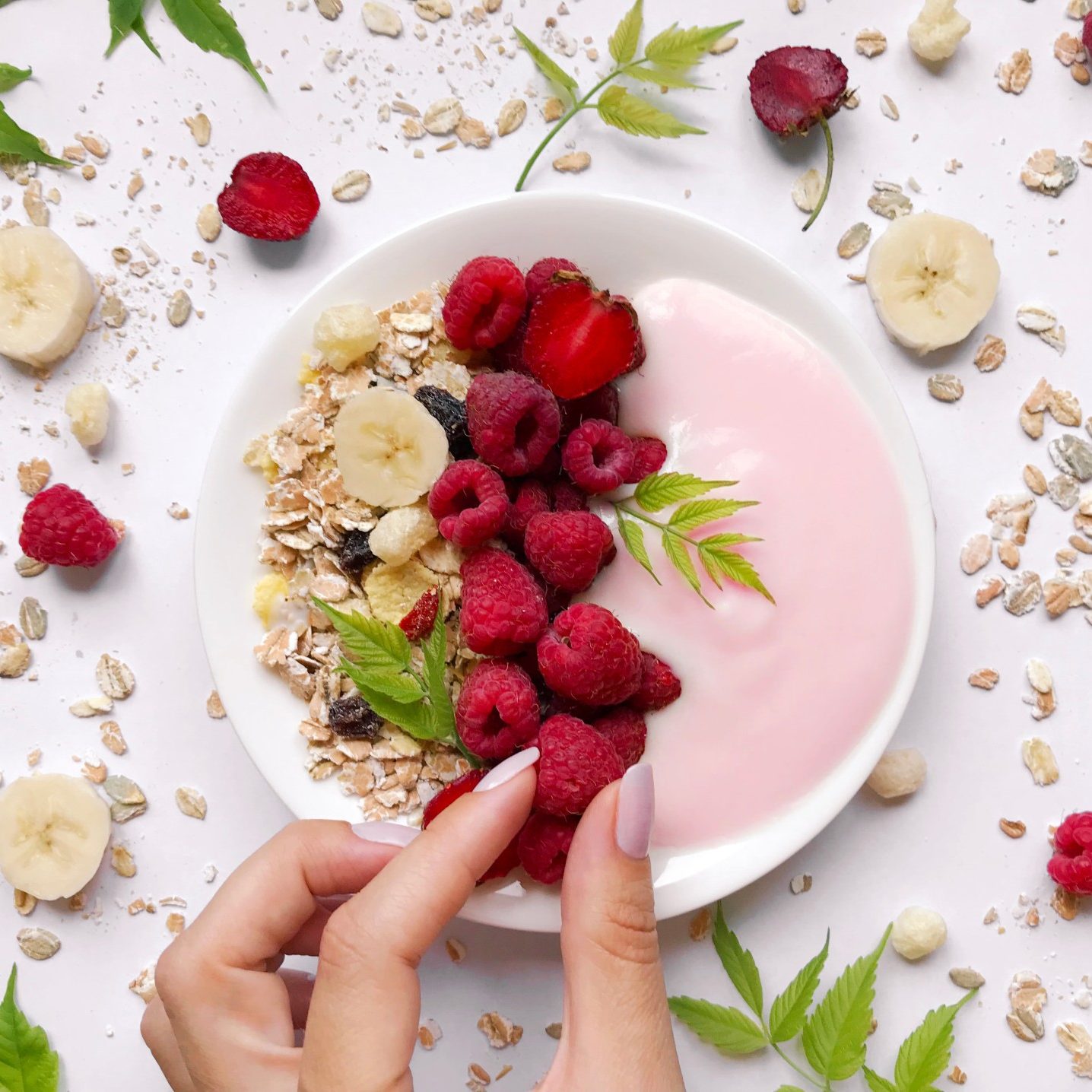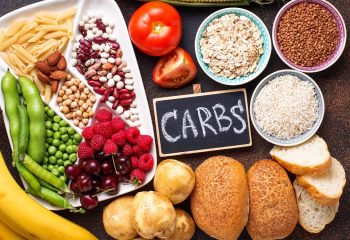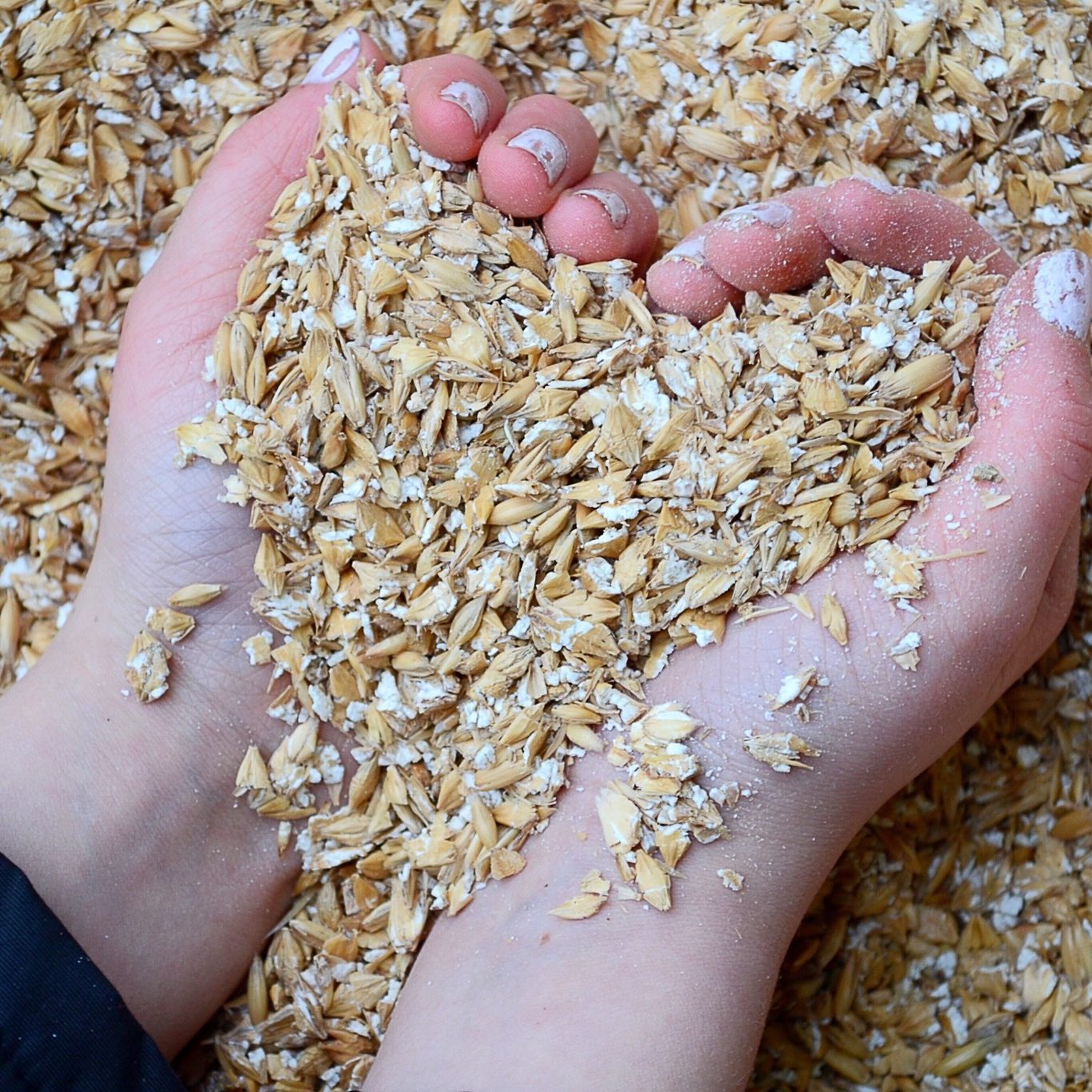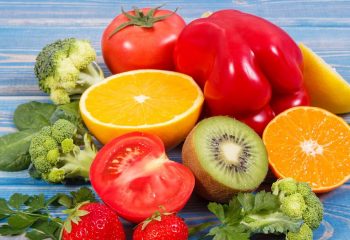You may have heard the term “macros” or macronutrients before. But what are macros and why are your friends “counting” them? Here are 5 things you need to know about macronutrients.
What Macronutrients Are
WebMD defines macronutrients as the nutrients that your body needs in large amounts to give you energy. The three macronutrients are fat, carbohydrates, and protein. These three nutrients help your body in different ways and are vital to your health, so if you’re watching what you eat or dieting, be sure you don’t cut these categories out or limit them too much.
Why We Need Macros
What is so important about these three nutrients? Well, macros are beneficial for:
As we said earlier, macros help your body function the way it should. Without macronutrients, you may be more prone to weight gain, hormone imbalance, and sickness. Again, in order to maintain optimal health, it’s important to not neglect or restrict these categories.
Top Macronutrient Food Sources
If you’re looking to up your macronutrient intake, it’s helpful to be aware of some of the top food sources of macros. First of all, be sure you’re getting plenty of protein, particularly plant-based kinds. Some good protein sources include:
- Beans
- Lentils
- Nuts
- Seeds
- Whole grains
- Poultry
- Fish
- Seafood
- Eggs
- Some dairy, like Greek yogurt
You also want to be sure you’re getting some of your calories from carbohydrates (the good kind). Some good sources of healthy carbohydrates include:
- Unprocessed whole grains
- Beans
- Vegetables
- Fruits
Lastly, incorporate some good fat into your diet. This includes:
- Olives and olive oil
- Canola oil
- Peanut oil
- Avocados
- Nuts and nut butters
- Corn oil
- Sunflower oil
- Soybean oil
Difference Between Micro and Macro
Because of how similar they sound, it’s easy to confuse macronutrients and micronutrients. The Mayo Clinic put out this helpful video explaining the difference between the two.
In short, MACROnutrients are the nutrients your body needs a lot of and MICROnutrients are the nutrients your body needs a small amount of. You need both, though, and they work in conjunction with one another to help your body function the way it should.
Pros and Cons of Counting Macros
Counting macros is somewhat of a trend so, of course, there are pros and cons to it. One of the pros to tracking your macro intake is the knowledge you’re arming yourself with. When you keep track of what and how much you’re eating, you are more aware of your habits (good and bad). Knowing your tendencies can help you make better eating choices moving forward.
The downside to counting macros, on the other hand, is that it takes time and effort to weigh your food, count how many calories you’re consuming, and log what you’re eating. Some people just don’t have time for all that tracking! Additionally, it’s easy to miscalculate, which could lead to you missing out on key nutrients your body needs.
Keeping track of macros isn’t for everyone, so be sure you talk to your doctor or a nutritionist before you start this new regimen. Everyone’s needs are different and what works for someone else may not work for you. Ultimately, a well-balanced diet with plenty of variety should always be your goal, whether you’re counting macros or not.
